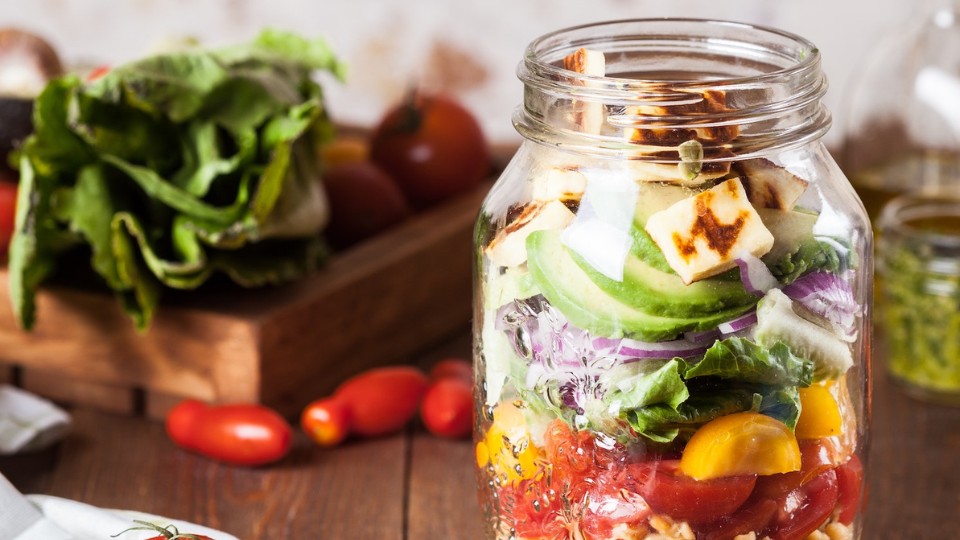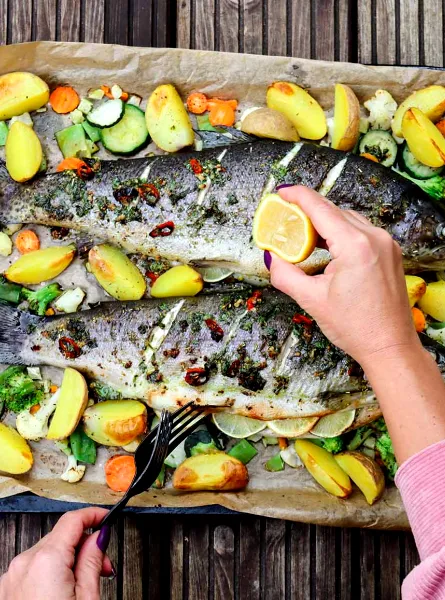
No, this is not a typo. We are talking about nutritioniSM, a concept that most of us use frequently, without even realizing it!
A Little Explanation
Nutritionism is a concept that says that we can determine the value of a food by the nutrients it contains. Eggs? Cholesterol. Dairy products? Calcium. That's why we often hear that some foods are better than others or that some are to be avoided. It's the belief that if you eat only good nutrients (not foods), you will be healthier.
Fish? Good for your memory! We have come to see foods for their benefits, rather than their taste.
The Problem (or the Banana Allegory)
Foods are not just the sum of the nutrients they contain. For example, it is well known that bananas are rich in potassium, and potassium has benefits for the body. But if you extract the potassium from the banana and add it to potato chips, the effect will not be the same. Nor could we say that an apple is more harmful to our health than a banana, simply because it contains less potassium! And if we eat a banana and our neighbor eats one, our body will not absorb the same amount of potassium as his (and our bananas will probably not be 100% identical either).
In short, a food is much more complex than its nutrient content. Our whole life is also much more complex than in the laboratory. Even if experimental data tells us that drinking red wine every day has some health benefits, we would technically have to drink twice as much as recommended by the CDC !
Eating Is So Much More
Yes, we eat to meet our needs in vitamins, minerals and energy. It is vital to keep us alive. But eating is so much more! Eating can be a source of pleasure, a way to manage our emotions, a moment with our loved ones, a way to reward ourselves, a way to celebrate our culture, etc. Eating is so much more than just ingesting nutrients!
But what if I have a deficiency?
It is true that deficiencies are the exception. For example, if you have an iron deficiency, it would be beneficial to eat more iron-rich foods such as spinach, red meat or lentils. For medical reasons, it is sometimes necessary to talk about foods in terms of nutrients. It's normal to have questions about your personal situation, but don't worry, that's what our team of dietitians are there for!





